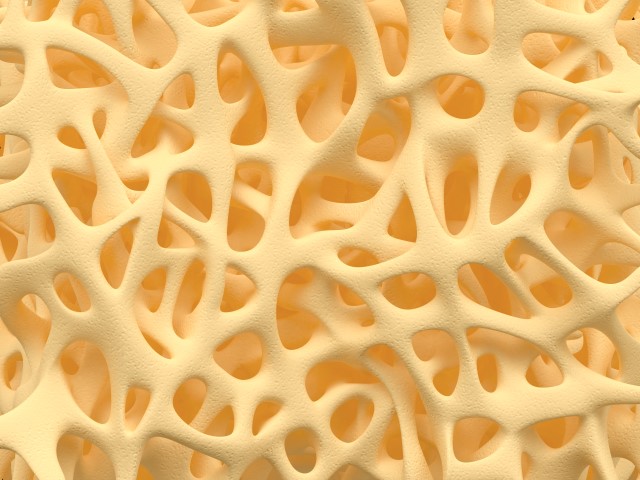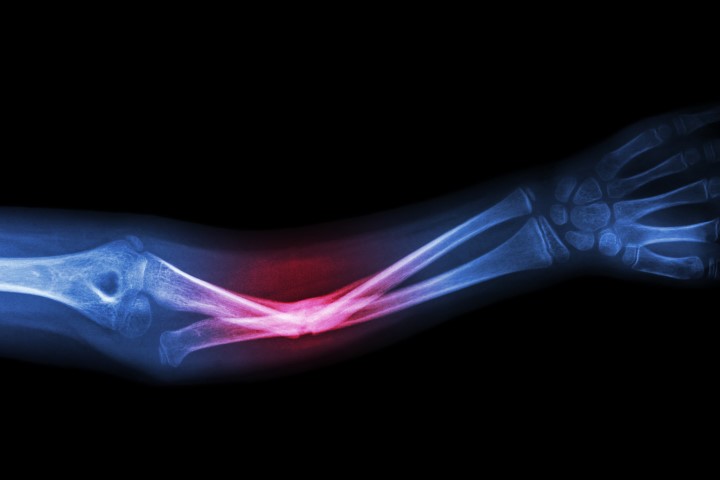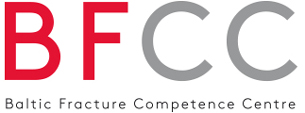

Demonstration pilots
The BFCC project is developing a fracture registry platform to enable transnational collaboration within fracture management in the Baltic Sea Region. Furthermore, collaboration standards will be established, tested, evaluated and optimised: To demonstrate its overall capability and gain first results, three demonstration pilots will be performed with five hospitals and three companies involved.
Performing these tasks, the project aims to establish an organisational platform for the BFCC and its network as a hub between hospitals and companies from the Baltic Sea Region, promoting research and innovation collaboration within fracture management.
The demonstration pilots will be carried out within the highly relevant topics infections, diagnosis of osteoporosis and post-surgery complications. Their results will be evaluated and presented in case studies to support new product ideas and innovation development.
Pilot on infections
Lead: Lithuanian University of Health Sciences
Contact: Šarūnas Tarasevičius

Infections are a major comorbidity in fracture management. This demonstration pilot aims to systematically identify causes for infections during the fracture management process in the participating hospitals, i.e. the Lithuanian University of Health Science. The needed data will be generated at the hospitals and stored in the transnational fracture registry platform (TFRP). Furthermore, the demonstration pilot aims to develop approaches for infection control solutions and to demonstrate innovation gaps and potentials also by analysing the data that are available on the registry. Read more
Pilot on bone density measurement after fractures
Lead: Bone Index Finland Ltd.
Contact: Janne Karjalainen

Normally, osteoporosis is diagnosed only during the follow-up of the patient suffering from a low-energy fracture. The aim of the pilot is to evaluate the clinical use of Bindex®, a handheld device for a quick and accurate estimation of bone mineral density (osteoporosis) and hereby allow an early surgical intervention in case of present osteoporosis. Knowing the degree of osteoporosis during surgery will alter the treatment strategy and lead to less complications and a better outcome for the patient as well as minimising the postoperative morbidity and mortality in fracture treatment.
Pilot on complication management after fracture treatment
Lead: University Medical Center Schleswig-Holstein
Contact: Arndt-Peter Schulz

The pilot will generate a novel classification system of post-surgery complications within fracture treatment to identify improvement potentials with regard to innovative products, services and technologies. Next to minor complications influencing length of treatment or quality aspects, the three major complications “bone infection”, “bone non-union” and “bone misalignment” will be evaluated in the hospitals over a defined time frame of three months inclusion period and six months evaluation.
With the new EU Medical Device Regulations hospitals/doctors as well as manufacturers will have to make alterations to ensure implant safety. To meet this new requirements, the present pilot includes a MDR (Medical Device Regulation) sub-study. This study will provide information on how to ensure a constant monitoring of complications and irregularities occurring during the treatment of patients to assure patient safety and manufacturers’ data access. In this way, the study will support the improvement of quality control in perfect amendment of the complication pilot.


